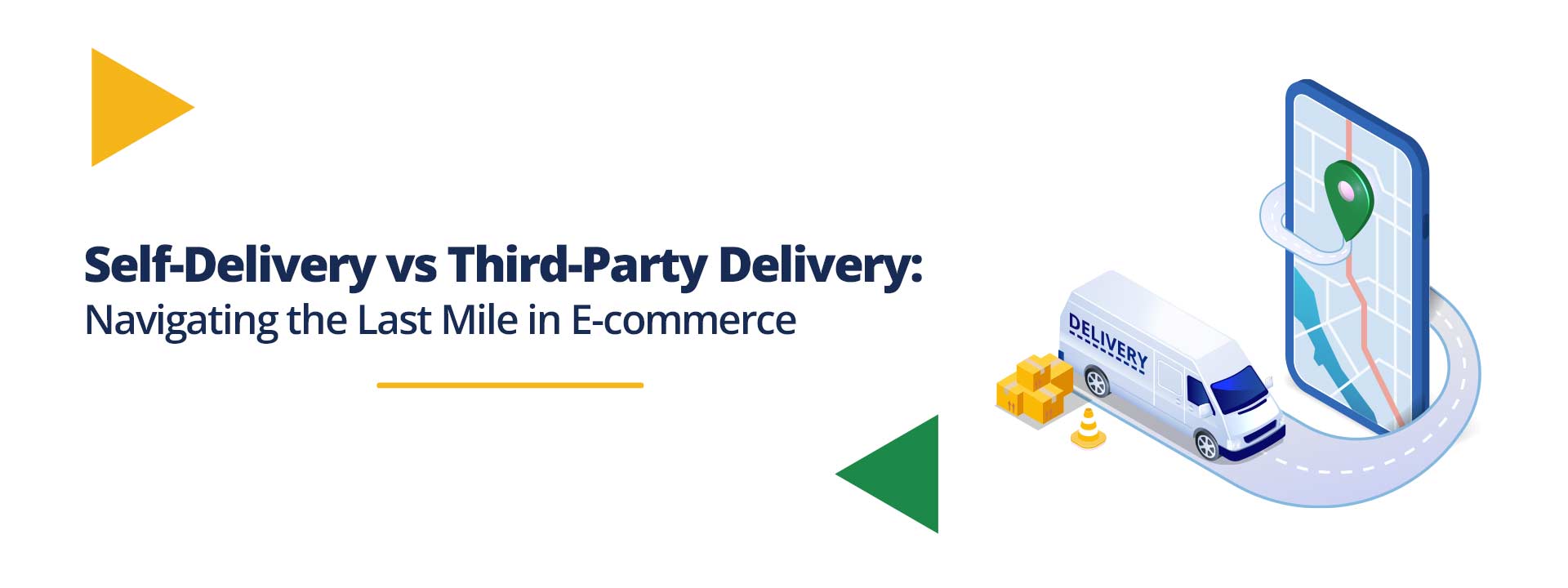Covid 19 has significantly altered common living patterns and has brought about new world order. While the world is still adapting to these new practices, businesses have already foreseen future demands and taken on strategies that would help fulfill these.
The public faced a time of being completely shut off from the outside world during the Covid hike. However businesses, through their intelligence conceived ways that made it possible to make life as close to normal as possible. One of the most evident of these shifts was the surge in online shopping and the massive growth of businesses relying on e-commerce methods for operations; it was the only possible way to survive.
What steps were taken on by businesses during the Covid span have continued to become a norm and businesses have also advanced in these viewing the fact that this will be how the world moves on and might as well face many more pandemics.
The Challenges
The business industry faced huge challenges during Covid, many of which resulted in businesses shutting down, going bankrupt, or at least barely touching breakevens. Here are the few issues businesses went through while fighting the pandemic:
- Many businesses did not have an online presence or website
- No experience of community management of connecting with customers
- Disrupted Supply Chains
- No online marketing plans
- Unavailable online return procedures
The Changes
Businesses have come up with elaborate plans to cope up with such unusual occurrences. Those that did not rely on online selling or the importance of e-commerce priorly, have now established proper strategies to serve customers even when the world is on the verge of shutting down.
Planning for Unusual Scenarios
After experiencing the Covid period, businesses have developed models to deal with such unusual possibilities. With properly constructed models in place, such occurrences are less likely to feel abnormal, and dealing with these becomes comparatively easier. With regard to e-commerce and logistics, businesses have identified the important questions and created action plans to deal with those, such as:
- How will I operate if the pandemic breaks down again?
- How many delivery centers will I need if everything goes back to online purchasing?
- How many drivers should I have to fulfill customer demands when hours of service are implemented again?
- Should I invest in an effective delivery management system to help me through the pandemic/non-pandemic phase?
Plan From Anywhere
During Covid, the restricted working hours hindered the capability to operate from workplaces. Businesses required systems that allowed them to work from almost anywhere. Many businesses have adopted models that allow them to stay connected with their counterparts, employees, and databases from anywhere enabling them to work on business-related activities at all times. Many delivery management systems have provided mobile models which allow all the staff to stay connected and manage operations smoothly.
Agility Significance
With customers stuck at home and in need of anything at any hour, agility is more than important. To fulfill such demands, businesses have increased customer expectations and the fast-paced processes have become a norm even after the pandemic surge. Businesses are competing on the basis of how fast-tracked their services are and gaining or losing customers accordingly.
Investing in the Future
Businesses have openly accepted that what has happened once might happen again. They are investing in forecasting and understanding how businesses might be affected the next time a pandemic hits. These forecasts might seem like expenses at the moment but in the future will result to be the winning cases for businesses that have understood the need for critical analysis, reporting, and decision making.
The Post Covid E-Commerce Blueprint
Businesses took massive blows due to the sudden pandemic strike and their inability to adapt to the quickly changing day-to-day scenarios. However, they survived and came up with the best possible solutions to serve their customers. With one such experience, businesses have given much more thought to these possibilities and have planned and geared up accordingly. E-commerce businesses are at an undeniable advantage in situations like these and the odds with such occurrences are in their favor hence designing business models that support online deliveries is more than important in the new normal.




